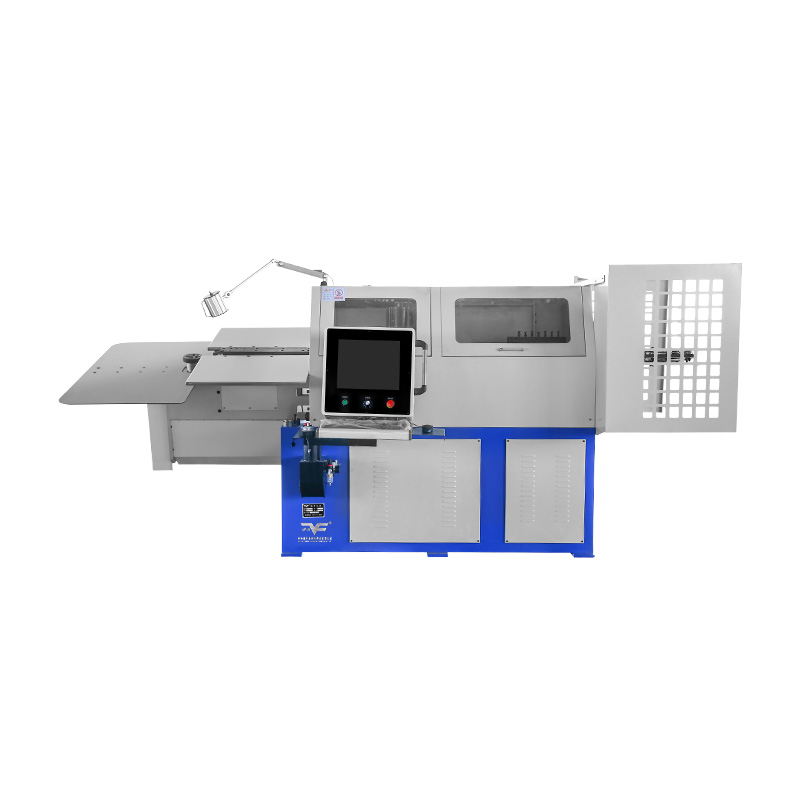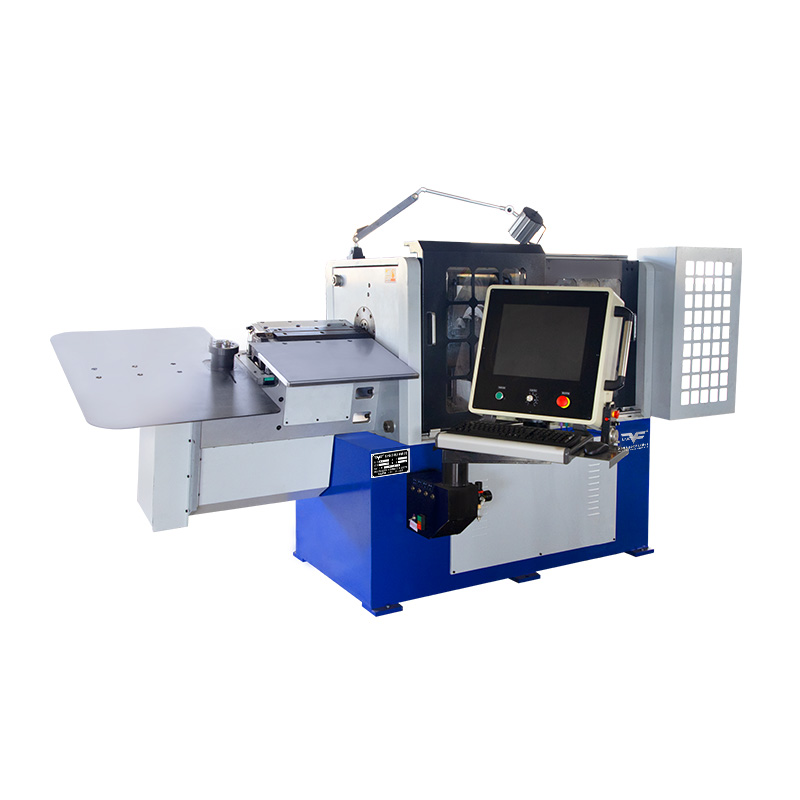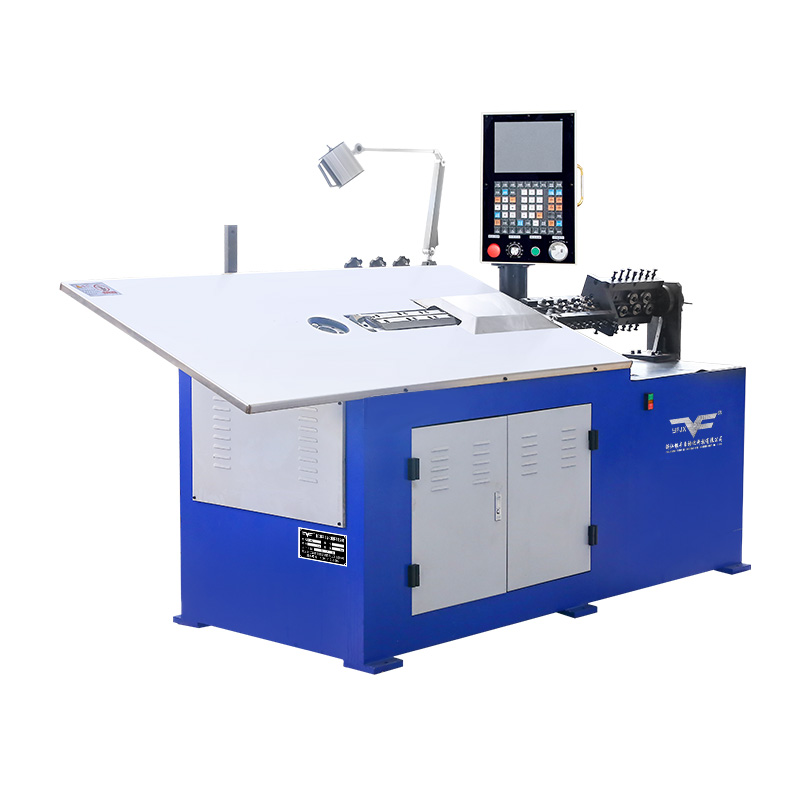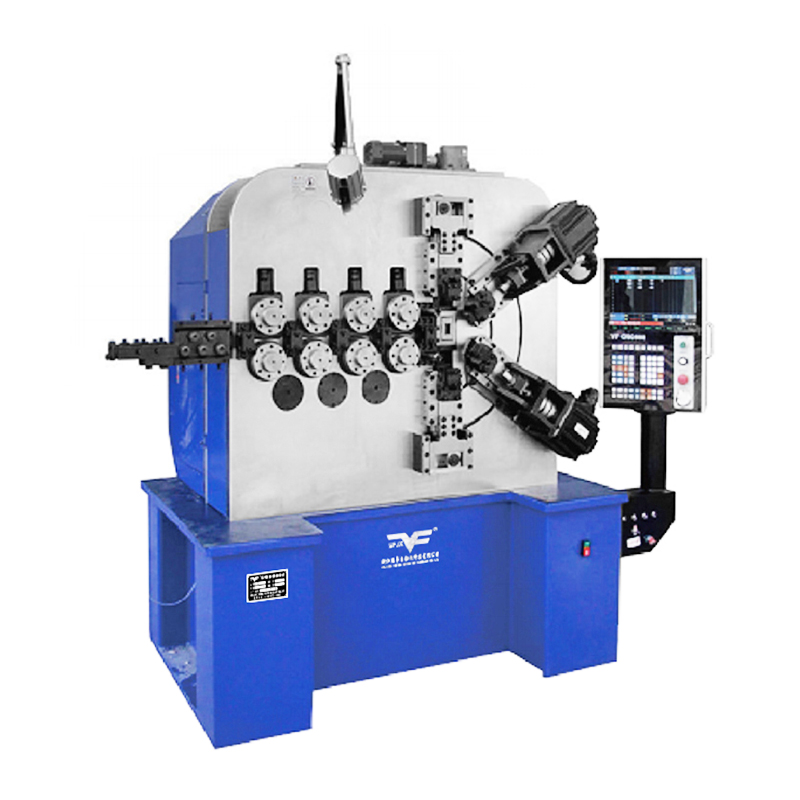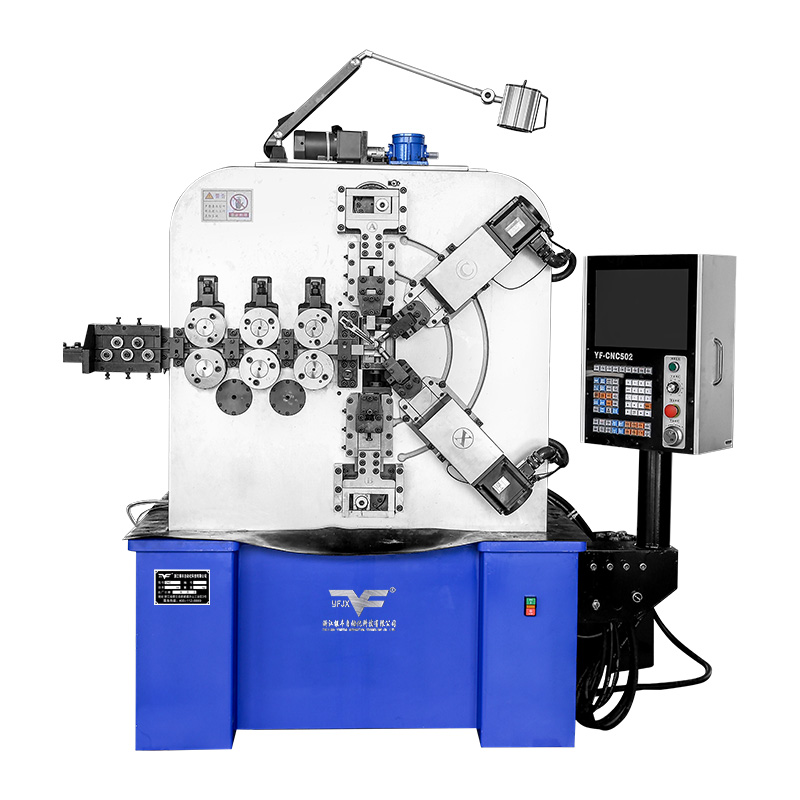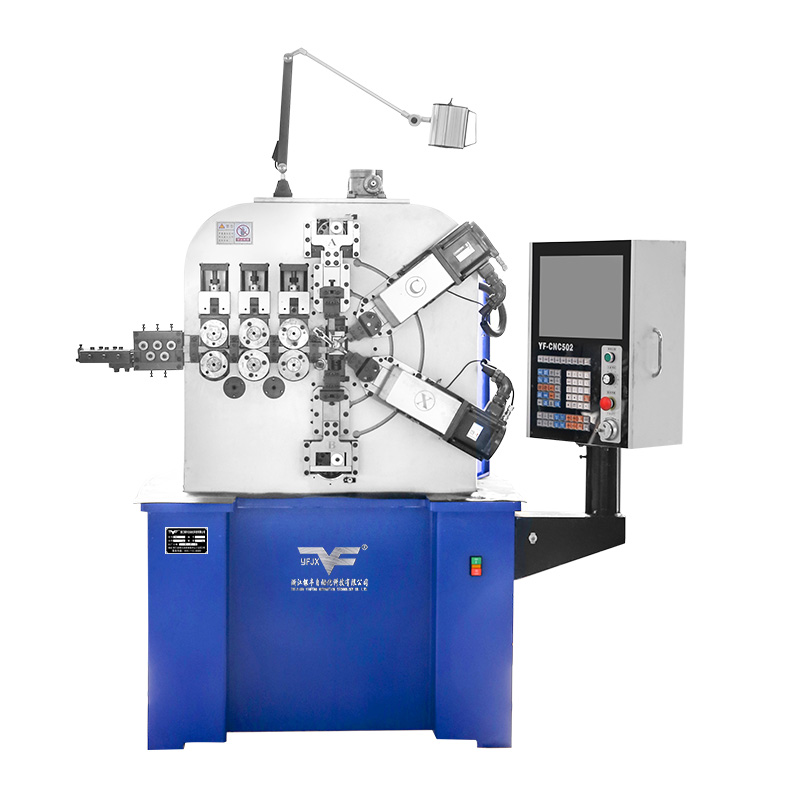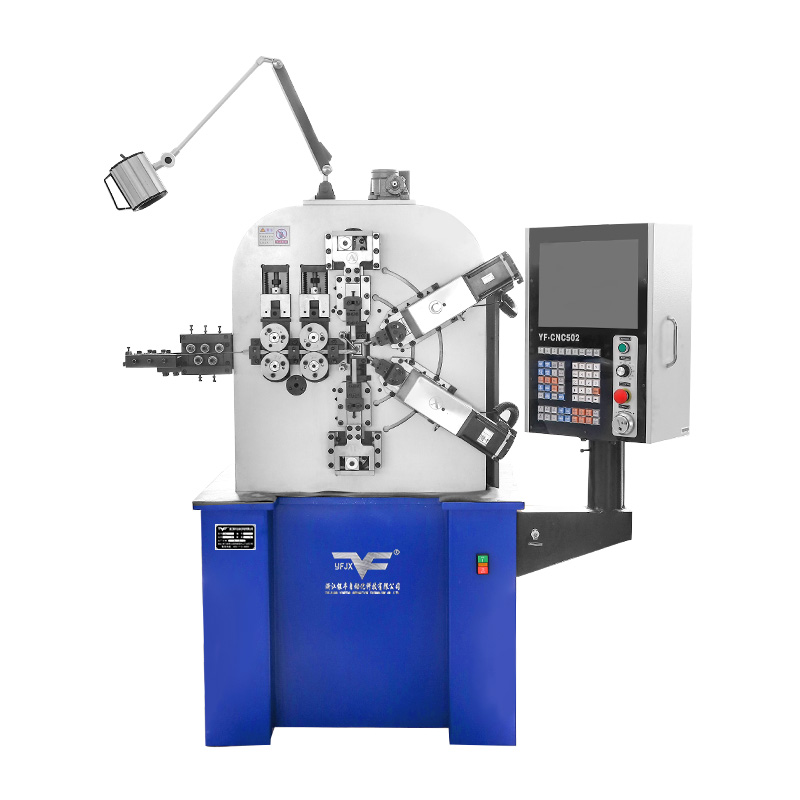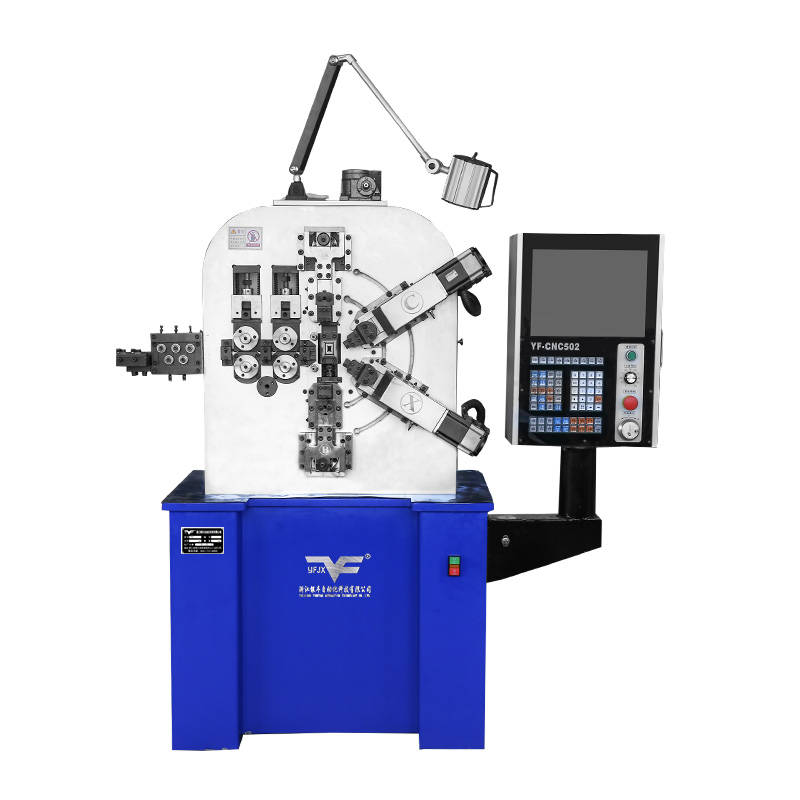CNC Coiler Usage Grows In Custom Mechanical Component Sectors
Industry News-As custom mechanical components become more specialized across various industries, the demand for precision forming tools has been on the rise. Among these tools, the CNC coiler has gained wider application due to its programmable nature and adaptability. In sectors requiring uniquely shaped springs and wire forms, the CNC coiler allows for consistent results with reduced manual intervention.
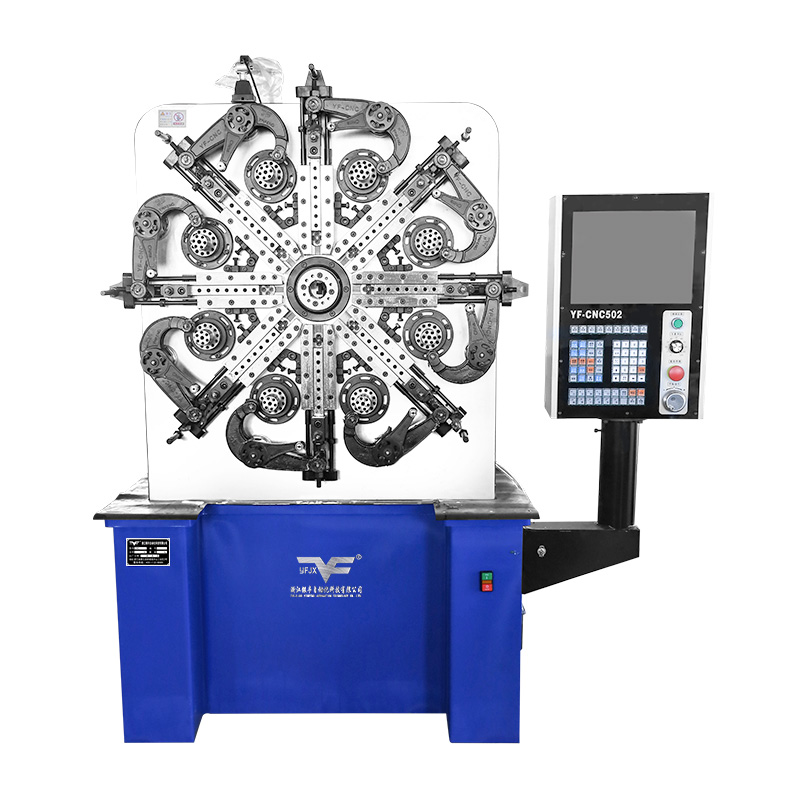
One of the key machines supporting this shift is the CNC spring coiling machine, which operates with computer numerical control to form springs in a wide range of dimensions and shapes. The ability to program different coil sizes and pitches makes it suitable for custom fabrication tasks. Industries such as automotive, aerospace, and electronics often turn to this technology for components that meet specific force or tension criteria.
A CNC coiler is not limited to high-volume production lines. In fact, its adoption in small and medium-sized workshops has grown steadily due to the need for adaptable, cost-effective spring forming solutions. With customizable tooling and automation, manufacturers can fulfill unique part specifications without lengthy retooling processes. This flexibility is especially useful when producing low-quantity, high-variation orders.
The CNC spring coiling machine supports not only helical spring formation but also other configurations, such as conical and barrel-shaped springs. Through integrated servo systems and real-time monitoring, the machine ensures consistency across each run. Because many mechanical parts now need precise movement control or shock absorption, such consistency is vital. As component tolerances tighten in modern designs, the repeatability of CNC-controlled forming becomes more valuable.
Workshops that once relied on manual coiling or semi-automatic processes are increasingly transitioning to CNC coiler setups. This transition is driven in part by the reduction of labor-intensive steps and the improved accuracy that comes with digital control. Operators can input detailed parameters, run simulations, and adjust settings mid-process, all of which less material waste and reduce cycle times.
In many custom mechanical assemblies, springs function as load-bearing or motion-regulating elements. To meet these demands, the CNC spring coiling machine allows fine-tuning of coil tension, diameter, and spacing. These adjustments ensure that each spring matches its intended mechanical behavior, even in challenging environments such as high heat or corrosive conditions. The adaptability of this equipment supports a wide range of wire materials and diameters, further broadening its application in specialized manufacturing.
Notably, the CNC coiler also facilitates quicker design changes. In industries where part updates are frequent, this agility allows manufacturers to keep pace without excessive downtime. CAD-to-machine integration, which some systems support, streamlines the process from prototype to production. This direct link between design and manufacturing shortens development cycles and increases responsiveness to market needs.
The future trajectory of the CNC spring coiling machine points toward further automation and digital integration. With advancements in sensor feedback and machine learning, next-generation models may offer enhanced real-time correction and self-optimization. While these innovations are still developing, the current generation of machines already provides a reliable foundation for custom component production.
As customization becomes more prevalent in mechanical engineering, the CNC coiler stands out as a practical and versatile tool. Its precision, repeatability, and flexibility make it well-suited for fulfilling the diverse requirements of today’s component designers. The growing role of the CNC spring coiling machine in this landscape reflects an ongoing shift toward smarter, more adaptable manufacturing methods.

 English
English русский
русский Español
Español 简体中文
简体中文